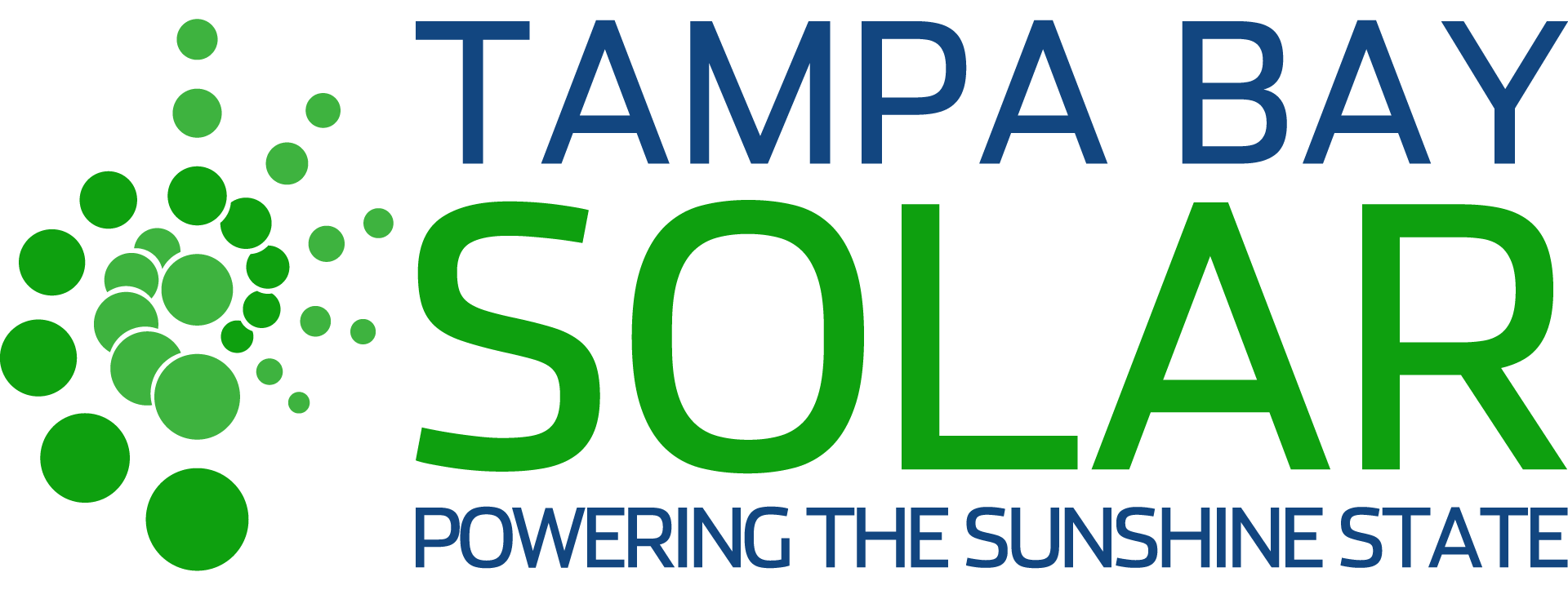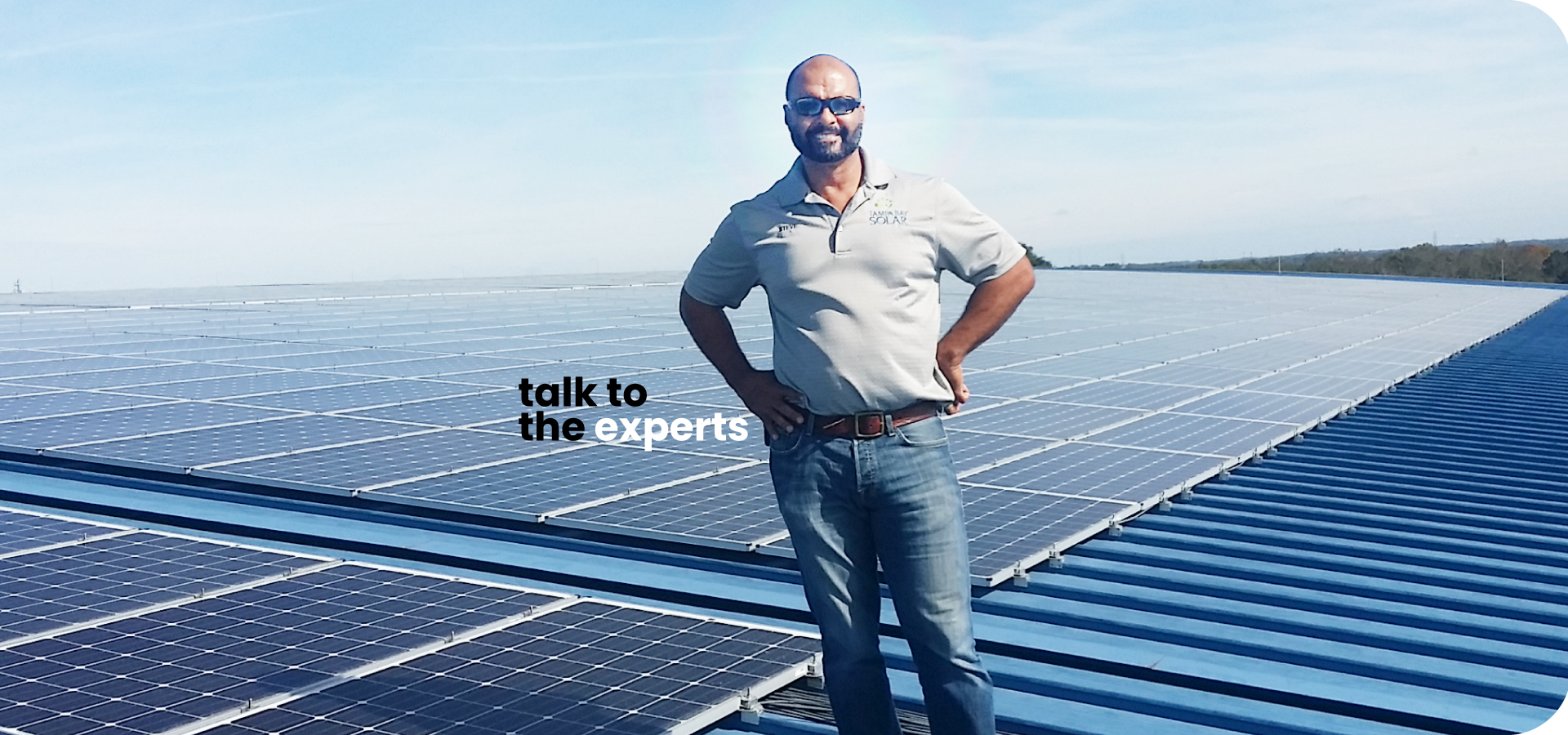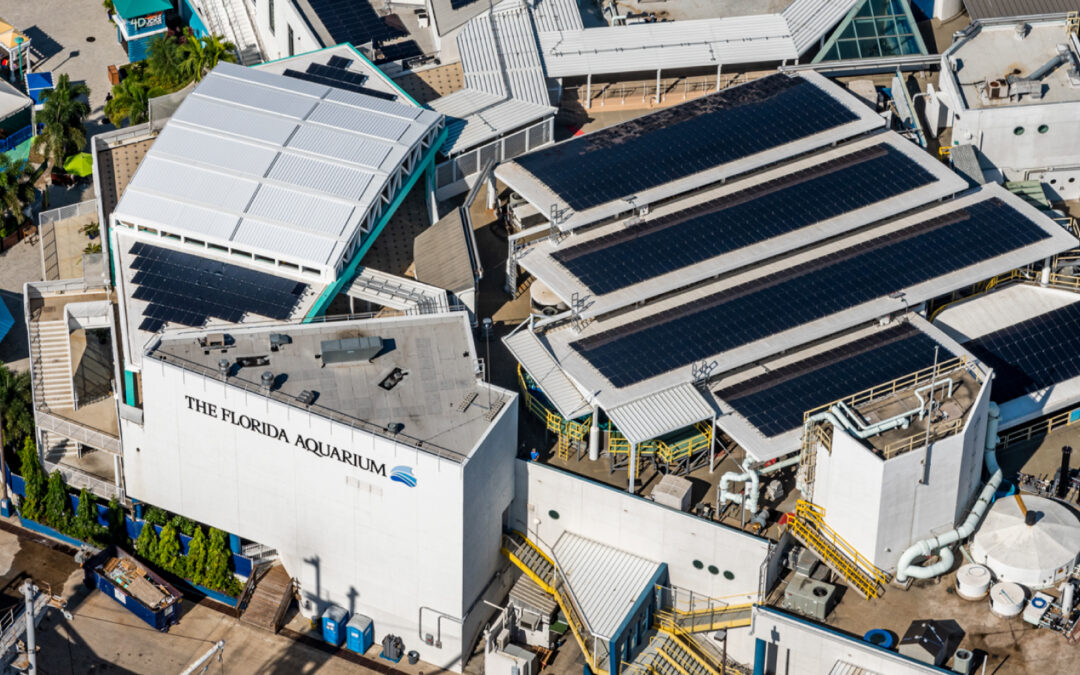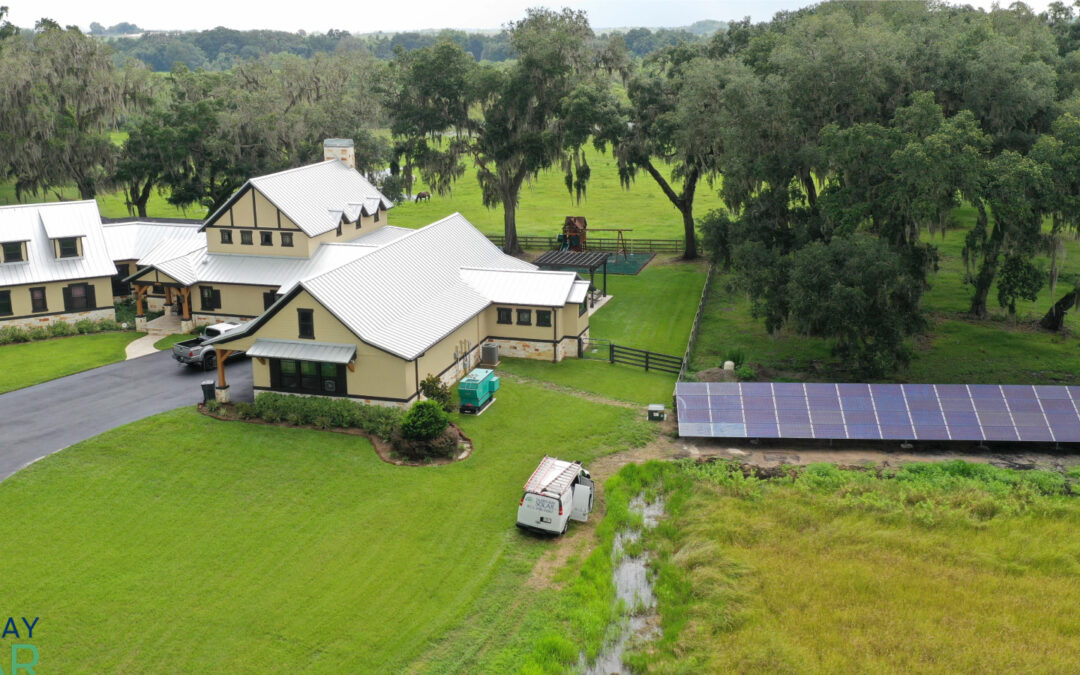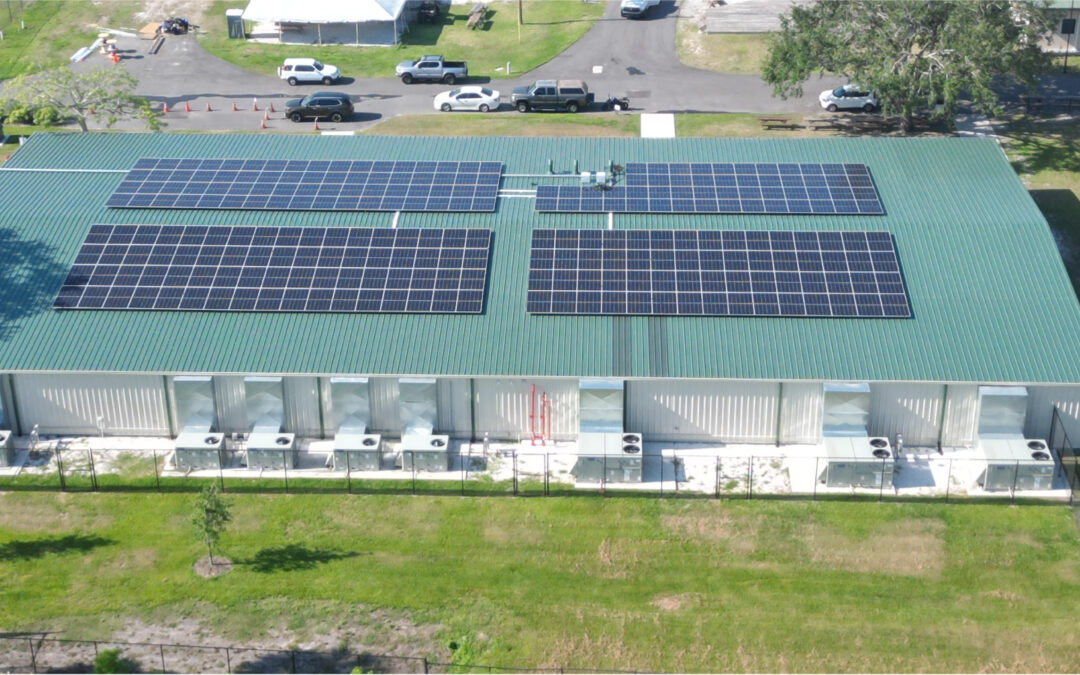How Many Solar Panels Does Your Home Need: Switching to solar power in 2025 is a great way to save money and help the environment. But to make the most of it, you need the correct number of solar panels for your home.
Too few panels might not meet your energy needs, while too many could cost more than necessary. You can find the perfect balance by considering your energy use, roof space, and sunlight. Let’s figure out how many panels you need to power your home!
What Determines the Number of Solar Panels You Need?
Every home is unique, and the correct setup depends on a few key factors:
- Energy Use: Look at your monthly electricity bill to determine how much energy you use. If your household consumes 900 kilowatt-hours (kWh) per month, divide that by 30 days to get your daily usage of about 30 kWh.
- Where You Live: Solar panels work best in sunny locations. Homes in areas with more sunlight, like Florida, will need fewer panels to produce the same energy as homes in places with less sunlight. Shading from trees or buildings also matters, so a transparent, south-facing roof is ideal.
- Panel Efficiency: Solar panels vary in efficiency. Higher-efficiency panels (20% or more) produce more power in less space, ideal for small roofs.
- Roof Space: Your roof’s size, shape, and angle decide how many panels it can hold. If space is tight, ground-mounted panels or solar tiles are good options.
How Many Solar Panels Does Your Home Need: How to Calculate the Right Number of Solar Panels
Figuring out how many solar panels you need is easier than you think. Just follow these steps:
Step 1: Understand Your Energy Needs
Check your electricity bill for your average monthly usage. For example, if your home uses 1,050 kWh per month, divide it by 30 days to find your daily use:
1,050 kWh ÷ 30 days = 35 kWh per day.
Think about your future needs, too. Are you planning to add an electric car or more appliances? Account for these changes to avoid falling short later.
Step 2: Consider Your Sunlight Exposure
Your location and sunlight hours affect how much energy your panels can produce. If you live in an area with five peak sunlight hours per day, each kilowatt (kW) of solar panels will produce about 5 kWh daily. To cover 35 kWh/day, you’d need:
35 kWh/day ÷ 5 hours/day = 7 kW of panels
Step 3: Choose Your Panel Type
Solar panels typically generate between 300 watts (0.3 kW) and 450 watts (0.45 kW). To produce 7 kW:
- With 300W panels: 7 kW ÷ 0.3 kW/panel = 24 panels
- With 450W panels: 7 kW ÷ 0.45 kW/panel = 16 panels
High-efficiency panels mean fewer panels and less roof space needed.
Budgeting for Solar Panels in 2025
In 2025, the average cost of a home solar system will be about $3.00 per watt, before incentives. Although this may seem costly, with the 30% federal tax credit and local rebates, this price can be reduced substantially. price. Some people select solar loans to make their payments more manageable, however the better return on your investment is to purchase the solar PV system without a loan.
A solar system usually pays for itself in 5–7years, through accumulated energy savings. After that, you get free electricity for the rest of the systems’ 25+ year life. Solar panels also increase your home’s value, making them a wise investment.
Customizing Your Solar Setup
Every home is different, so your solar system should match your needs. Whether you need extra panels or efficient ones for a small roof, there’s a solution Tampa Bay Solar can assist you with.
Ground-mounted systems or solar tiles can work if your roof isn’t ideal. Even with some shade, advanced tech like microinverters ensures your panels perform well.
Modern solar monitoring lets you track your energy production in ‘real-time’. It’s simple to use and helps you get the most out of your system.
Why You Need Professional Help
Designing the right solar system requires careful planning. Tampa Bay Solar assesses your energy needs, roof design, and sunlight exposure to create an efficient and cost-effective system.
We handle everything—from permits to installation—so you can sit back and enjoy the savings. Start your solar journey today with Tampa Bay Solar and take control of your
